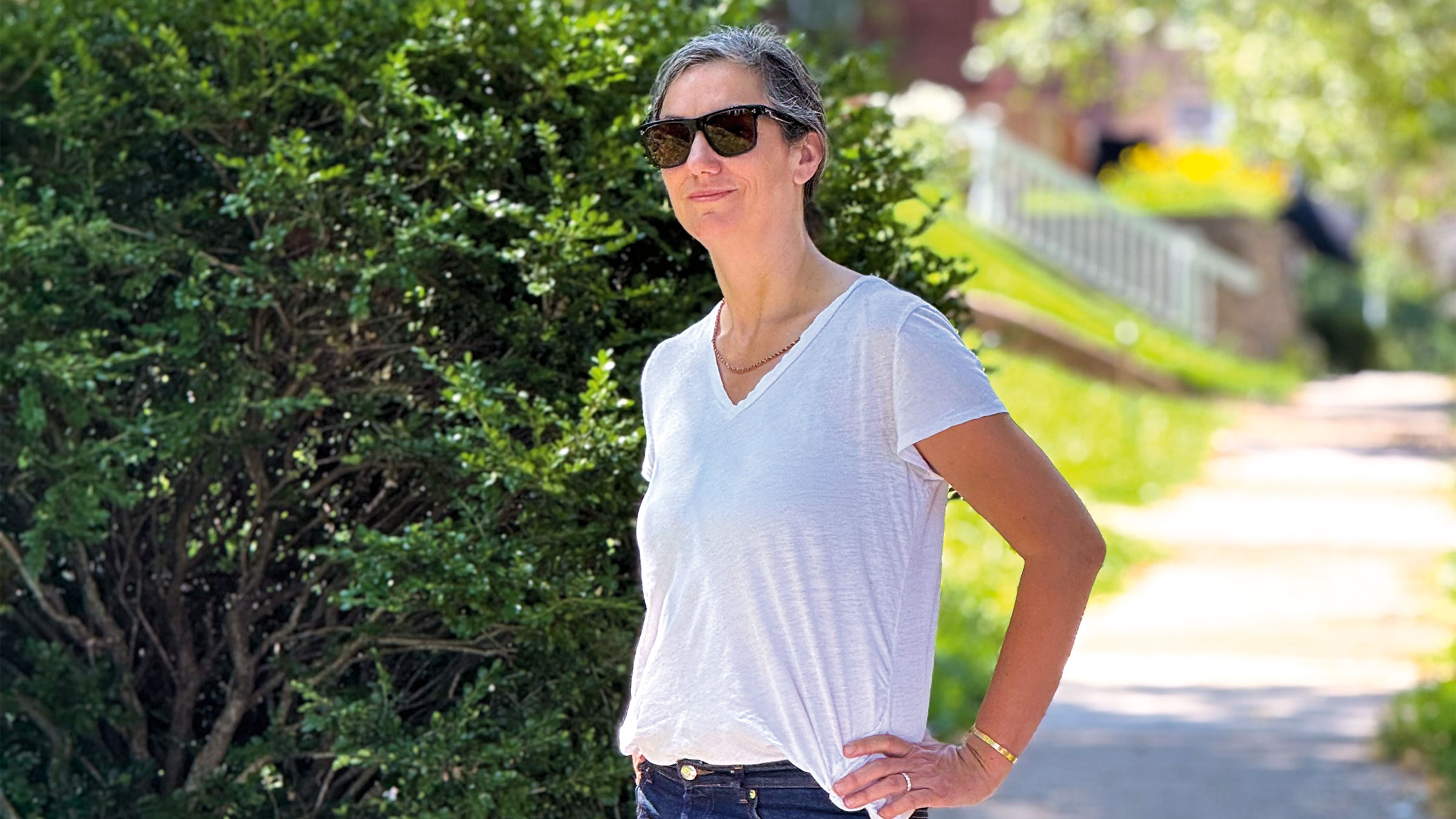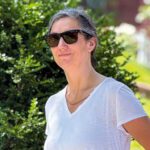Tell us about your debut novel, Trip. How did this story come to you?
I just was going to write about death. I wanted to write about something that I think is true, but write about it as fiction. Then there was this autism diagnosis in my family that crashed in and made the story be something else. I was trying to sort those two things out.
Does the evolution of understanding of autism in the book reflect your own?
The protagonist, Sandra, is still in the worst, early days of the diagnosis and really confused and aswim with it. I don’t feel like we’re there anymore as a family. Initially with autism, you think it’s going to be chaos. But then, when you start to understand it, you’re like, “Okay, I see what this is.” We’re more at an understanding place now, which I don’t think Sandra really gets to.
Trip takes place between two realms of existence. Were there specific ideas and teachings that you wanted to explore or learn about?
Yeah, I wanted to orient myself in the world of the bardo of death. I tried to read enough, just so I felt confident enough to move the character around. I admire intellectuals like Robert Thurman, who really understand that material, but I was more just trying to be able to move the character around that world.
Could you expand upon the idea of the bardo and its significance to you?
At the beginning of every bardo teaching, they always say, “Bardo means in between.” And I would always be like, “Yeah, yeah, get to the death part. Get to what I want to hear.” It was only at the very end of writing the book, when I was checking some of Dzongsar Khyentse Rinpoche’s quotes against a transcript, that I actually finally read and heard that part. And I was like, “Oh. Okay, that’s really something.” I kind of was embarrassed that I had never heard it before. I think that’s the most interesting part of the bardo.
How has your Buddhist practice shaped you as a writer, and how did it come into play as you wrote Trip? Compared to writing You Are Having A Good Time, which featured your Plimpton Prize-winning short story “William Wei,” was it a whole different beast?
Yeah, that was different. Since having children, I don’t have that much time to practice. Before I had children, I was more diligent, and you can see the difference in the voice. When I could really practice, sometimes I could catch myself thinking things that were useful for the story. Like in “William Wei,” when he thinks “the thing about a dark truth is it is indistinguishable from doubt”—that was because I could catch those tiny thoughts.
Early on, my practice helped me lose interest in some of my early childhood stories and shake those off. I think they were clogging things up a bit, because the memories weren’t that clear, and I was hung up on that.
Can you tell us more about the change in your voice since becoming a parent?
It’s so chaotic and different every time. I’m like a hunted rat, just trying to find time to write a little. Whereas in the past, I could really be still and write carefully, so I wrote the way I wanted it to sound. Now, it’s more beleaguered.
Is there a positive side to that?
I can do a lot more now. Like, with “William Wei” I had to keep it very simple, so I could control it. Now I can handle more complexity.
Can you tell us about your spiritual background and upbringing?
My mom was a student of Chögyam Trungpa Rinpoche’s, and she ran the Shambhala Center in Houston, Texas. When I was nine or ten, it was in our house, so people would come and meditate there every Sunday. When my mom went to seminary, she brought me along. That was back when kids would just be running wild all day. So, I ran wild at Rocky Mountain Dharma Center [now called Drala Mountain Center].
Although I grew up in that atmosphere, in college, I stopped being a Buddhist for about a decade. Being around all these super intelligent, skeptical people, I got separated from it. Then Dzongsar Khyentse Rinpoche sent me this random email that snapped me back in—he’s my teacher.
What was in the email?
I had been in Hawaii, swimming all day. And I was like, “I hate working at The Onion. I’ve got to get out of there.” I really wanted to write fiction and have a job, but I couldn’t do both. I had to pick one or the other. Dzongsar Khyentse Rinpoche wrote me an email saying, “Do you want to come to India?” So, I quit my job.
So many people try to keep their religion or spirituality separate from their professional lives—whether that’s truly possible is up for debate—but you haven’t done that. Was that a deliberate choice?
I hate talking about Buddhism—I’m really not that good at it. But then I end up writing about it for some reason. It’s not really a decision. It just seems to happen.

